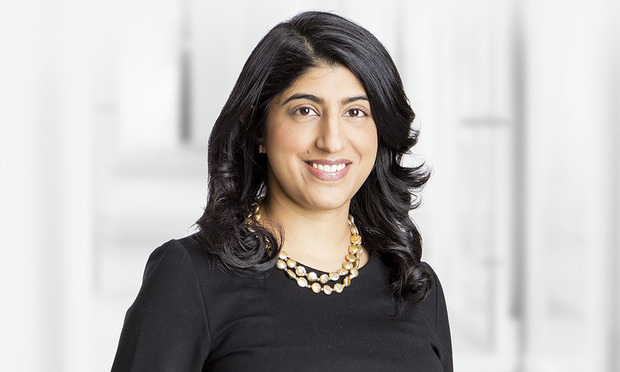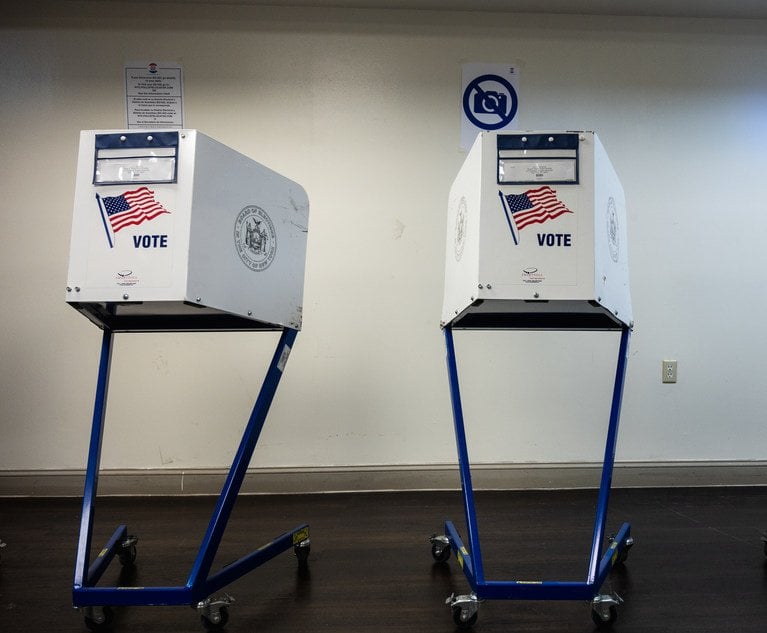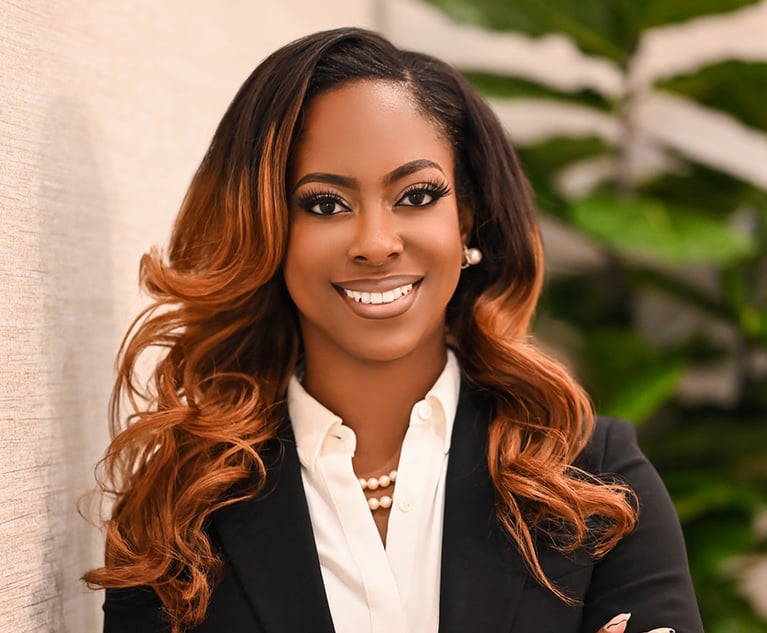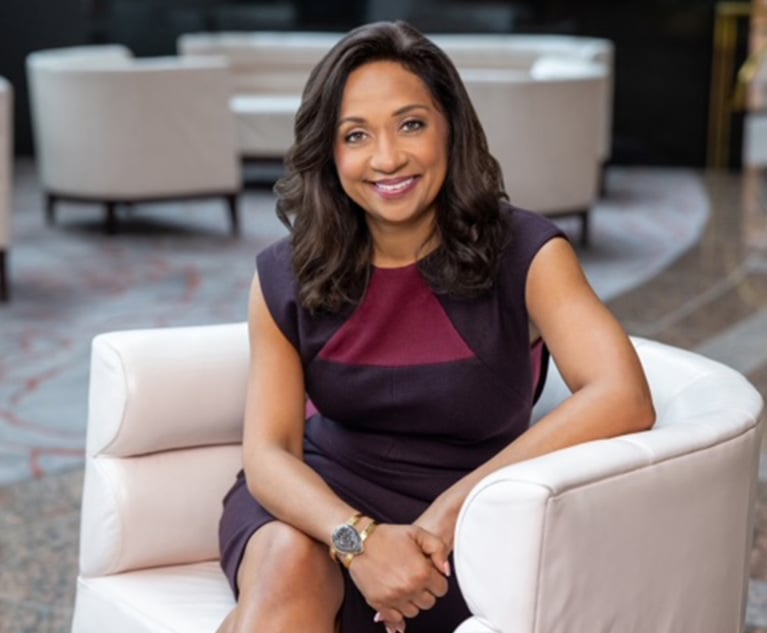At the Oscars Sunday night, Best Actress winner Frances McDormand made the “inclusion rider” go viral, but a Cohen Milstein Sellers & Toll lawyer has been working for months to write the language for such provisions.
Cohen Milstein partner Kalpana Kotagal has been developing legal language for contract provisions that Hollywood’s elite can use to require studios and other partners to employ diverse workers on set. Kotagal said Monday she stopped watching the Oscars right before McDormand won, so she was shocked to learn about the mention Monday morning.


 Kalpana Kotagal, a partner with Cohen Milstein Sellers & Toll.
Kalpana Kotagal, a partner with Cohen Milstein Sellers & Toll.





